Hezbollah says won’t stand any Israeli aggression, defends rocket barrage
A high-ranking Hezbollah official says the Lebanese resistance movement does not seek a military confrontation with the Tel Aviv regime, but would not stand any act of aggression by the Israeli military on Lebanon’s soil.
“Lebanese people are confident that Hezbollah will always be on their side, and the movement will utilize all means at its disposal to assist the public,” Hezbollah Deputy Secretary General Sheikh Naim Qassem said in an interview with Lebanon’s Arabic-language al-Nour radio station on Friday.
He described Hezbollah’s recent retaliation against Israeli shelling and airstrikes on southern Lebanon with a rocket barrage as a well-developed plan anchored in precise instructions.
Sheikh Qassem highlighted that the Lebanese resistance movement will never use people as human shields or for political purposes, and pays meticulous attention whenever it wants to take a decision.
Hezbollah announced in a statement that its units hit “open fields” near Israeli positions at 11:15 a.m. local time (0815 GMT) on August 6, using “dozens” of 122mm caliber rockets.
Al-Mayadeen television news network said at least 20 rockets were fired at Israel's military positions. Al-Manar TV said a number of the rockets targeted the Douf military base.
Israeli media said residents of settlements in the north of the occupied territories had been asked to stay in homes.
Following the retaliatory rocket attack, Israeli prime minister Naftali Bennett and the regime’s minister of military affairs Benny Gantz held an emergency session amid reports of a massive number of sorties conducted by Israeli warplanes over southern Lebanon.
Last week, Hezbollah’s Secretary-General Sayyed Hassan Nasrallah said the Lebanese resistance movement does not pursue war, but is not afraid of one either since it is certain about its chances of victory.
Nasrallah described the August 6 retaliation as only a fraction of what Hezbollah is capable of carrying out, saying the group has a reliable array of defensive choices at its disposal in case of a conflict.
“Our response was linked to the Israeli strikes that occurred in south Lebanon for the first time in 15 years,” Nasrallah said on Saturday in a televised speech ahead of the anniversary of the victory over Israel in the 2006 war.
“We wanted to tell the enemy … that any airstrike by the Israeli air force on Lebanon will inevitably draw a response, though in a suitable and proportionate way, because we want to serve the purpose of protecting our country,” he added.
Elsewhere in his remarks, Sheikh Qassem described attempts by certain parties to establish the United States’ and Israel’s dominance over Lebanon as the root cause of the Arab nation’s worsening crisis, emphasizing that Hezbollah will stand against such bids.
“Ever since Hezbollah was established, the resistance movement has worked for [Lebanon’s] social, moral and political solidarity. It firmly believes that the group should confront Israel militarily, and the results of such resilience should be tapped to cement social and political solidarity.
“People’s interest in Hezbollah stems from their trust in the resistance movement, and the fact that the group will never leave them in a difficult situation without any help. We are doing everything we can to help them. However, we do not have enough resources to solve the current crisis. Certain groups are trying to leave all the blame at our door and don't want to address the government’s incompetence,” the senior Hezbollah official said.
Lebanon has been mired since late 2019 in a deep economic and financial crisis, exacerbated by a political deadlock.
The economic and financial crisis is the gravest threat to the country’s stability since the 15-year civil war ended in 1990.
The crisis is mostly linked to the sanctions that the United States and its allies have imposed on Lebanon as well as foreign intervention in the Arab nation’s domestic affairs.
According to Hicham Safieddine, a lecturer on the history of the modern Middle East at King’s College London, US sanctions involving Lebanon “have seriously undermined the stability of the banking sector by creating a chilling effect, and reduced the inflow of foreign capital."
UK's police arrest ex-prince Andrew over sex scandal linked to Epstein
Iran elected vice-chair of UN Special Committee on Charter
Iran envoy says decision made to exchange ambassadors with Egypt
Russia continues to develop relations with Iran: Kremlin
VIDEO | Friends of Palestine meet at UN in Vienna
Trump’s war-mongering on Iran sparks sharp rebuke from US lawmakers
Top American columnist warns of Netanyahu exploiting Trump for Iran war
VIDEO | Press TV's news headlines


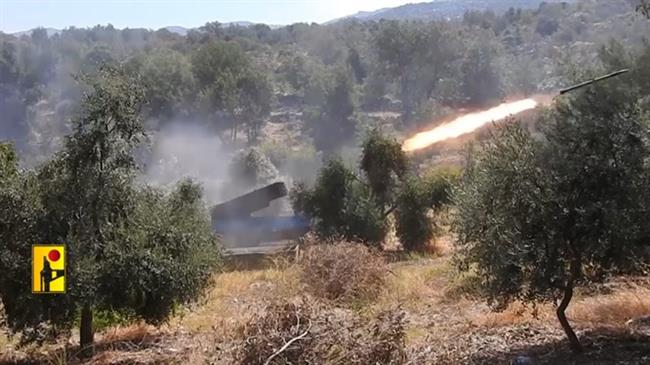
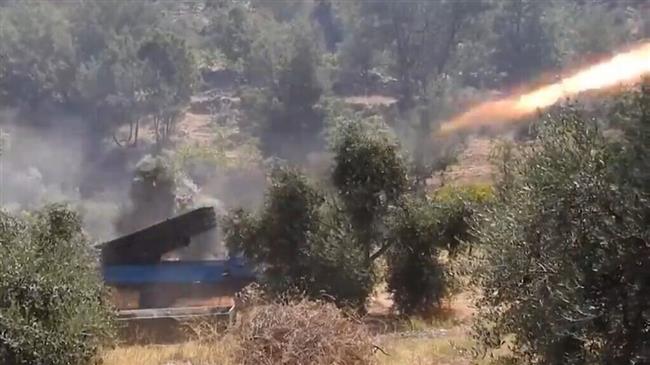
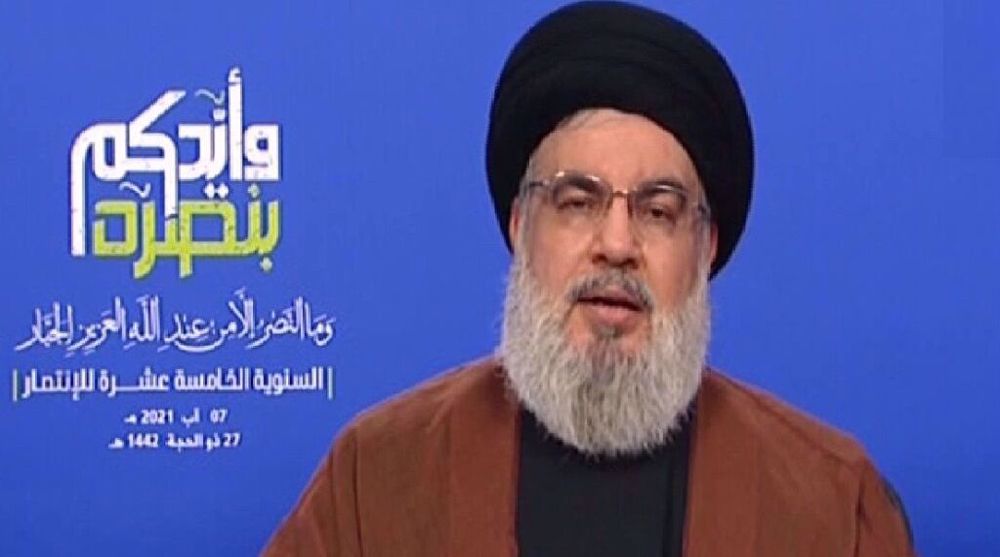
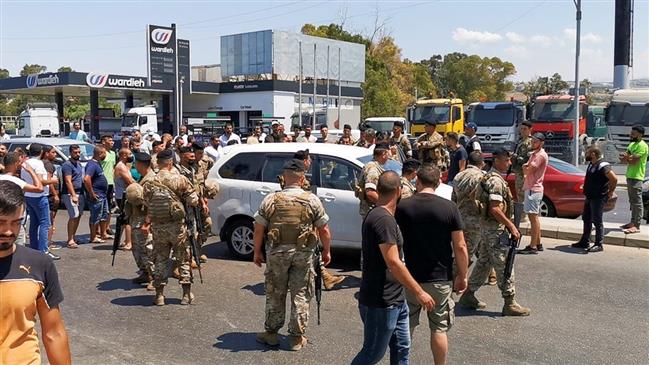
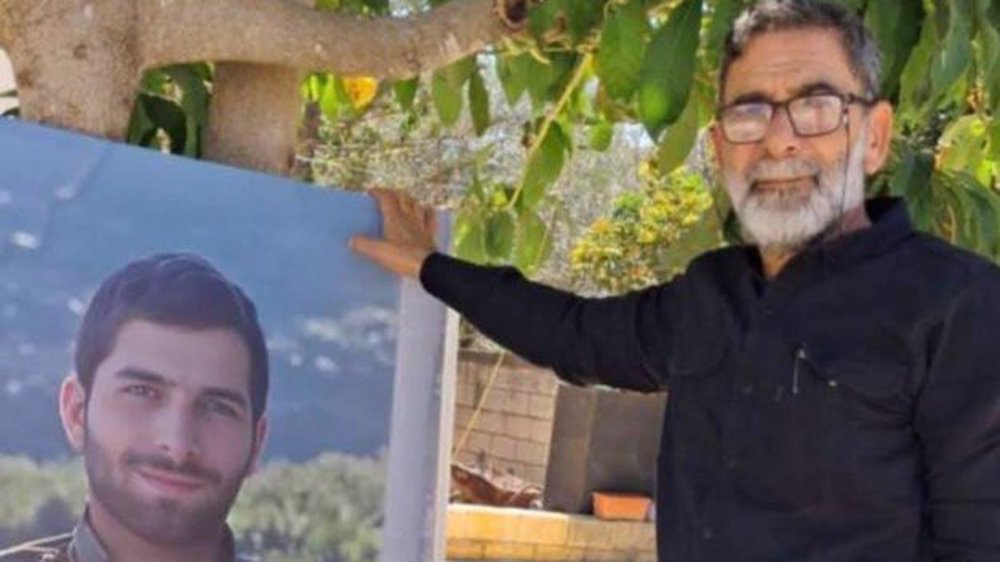
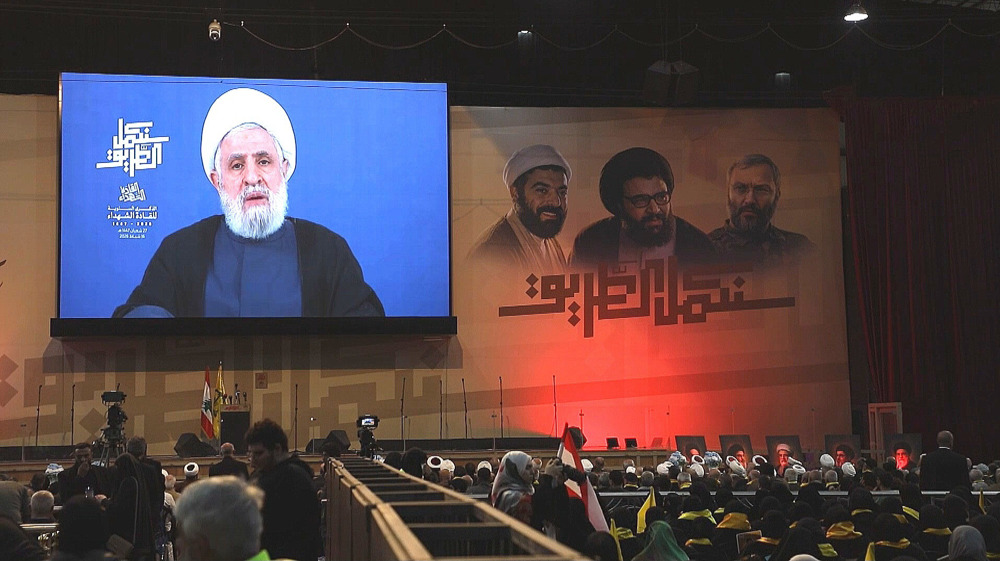
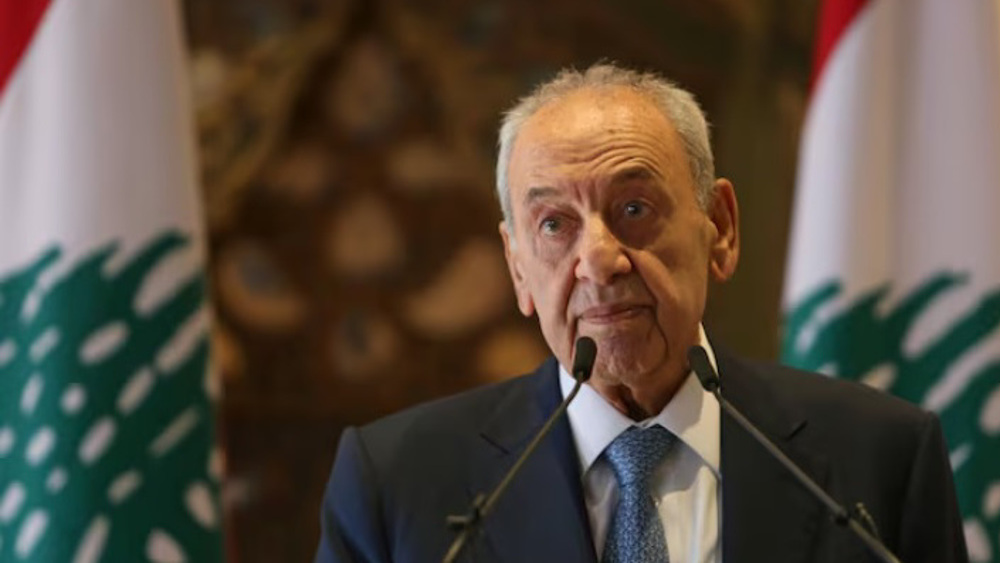



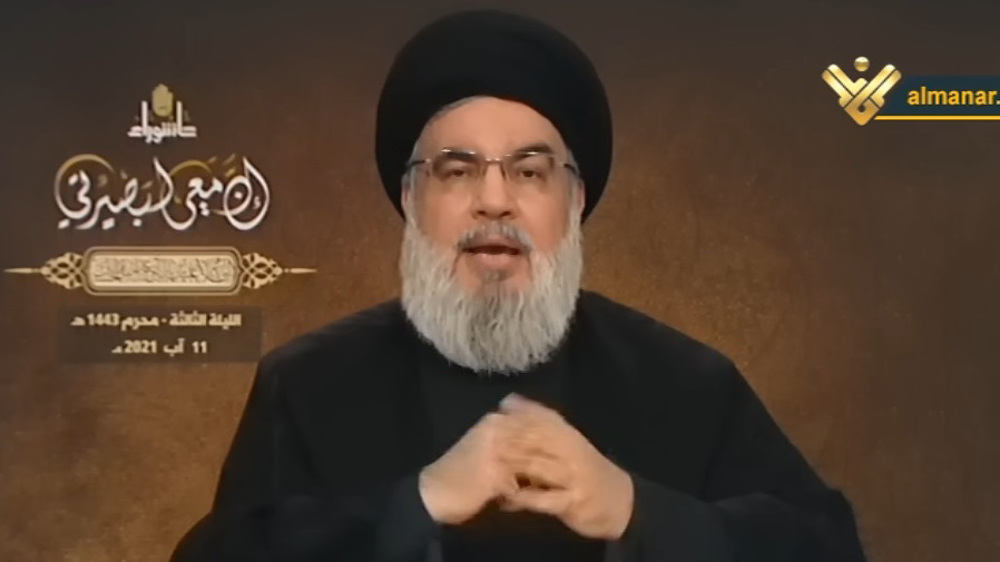
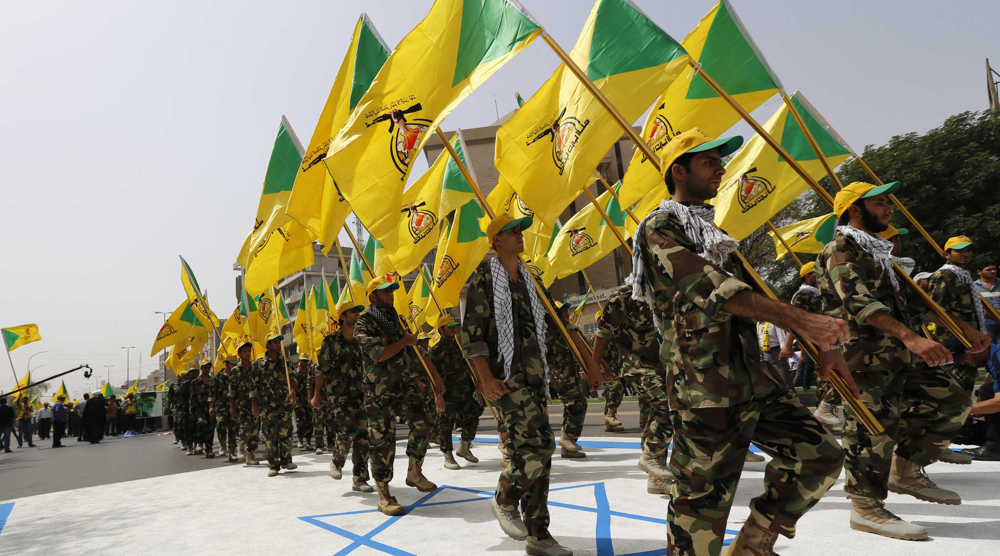
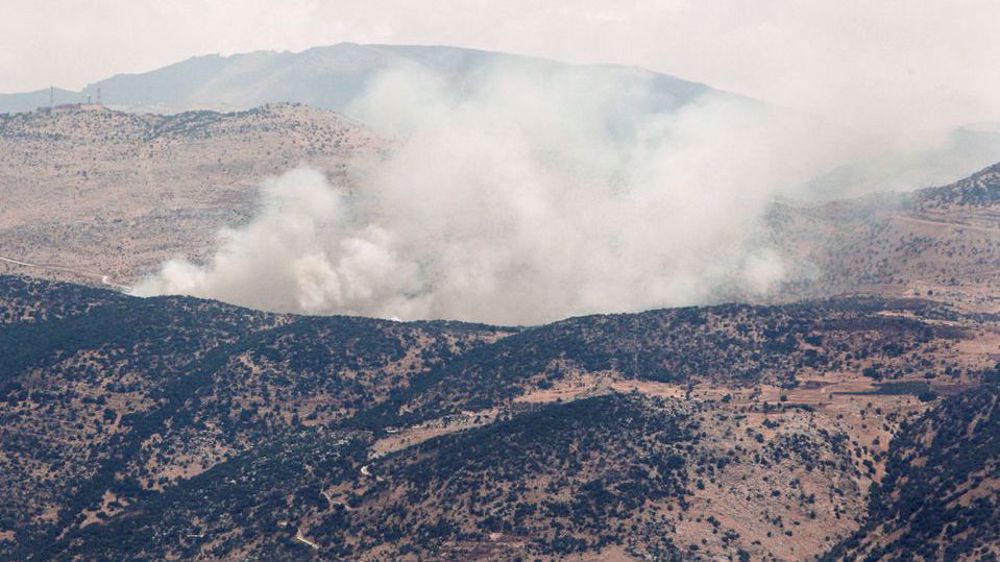
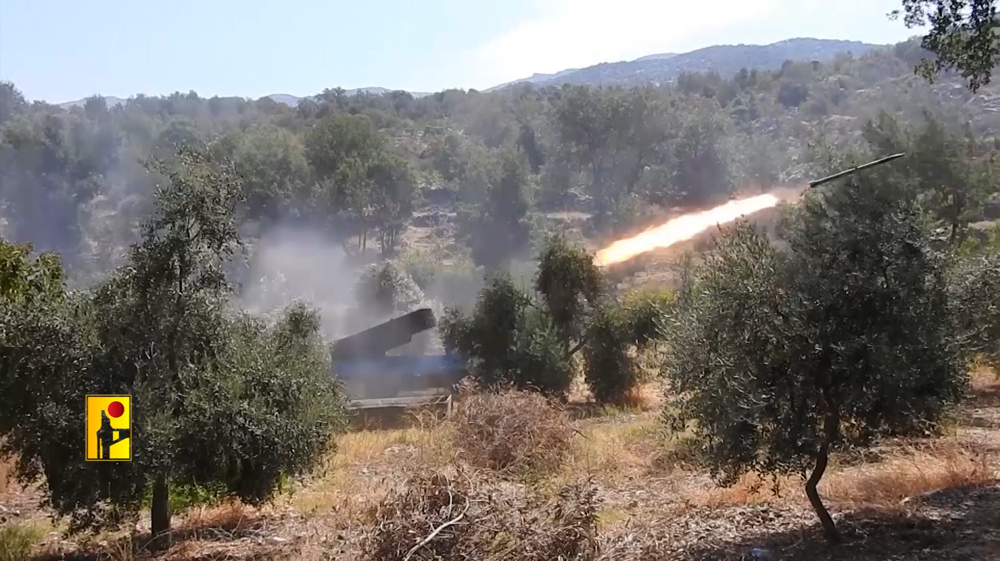
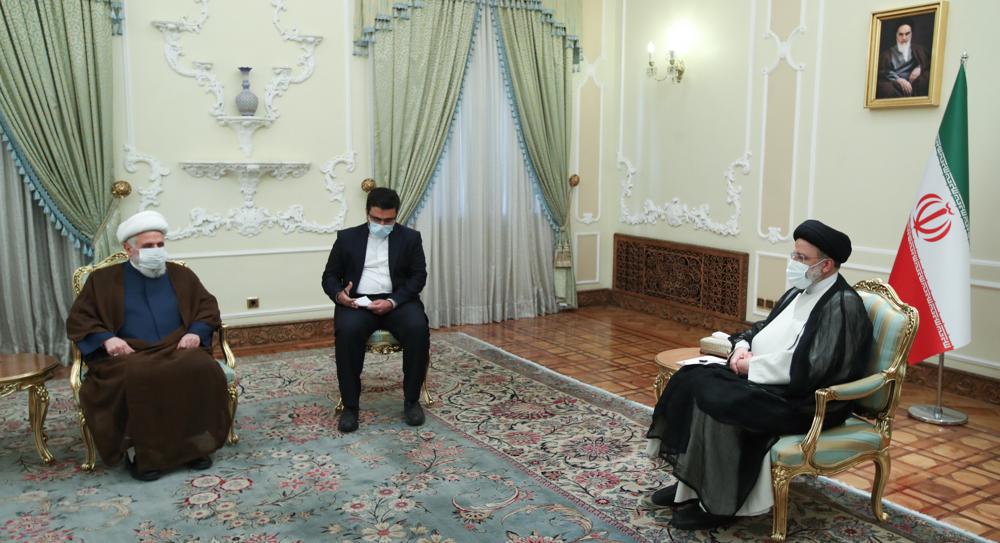
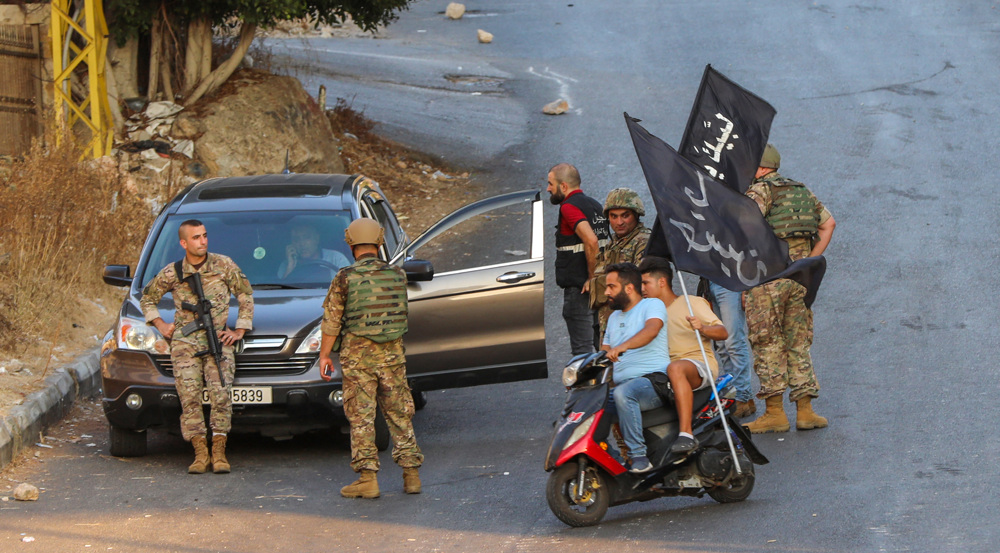
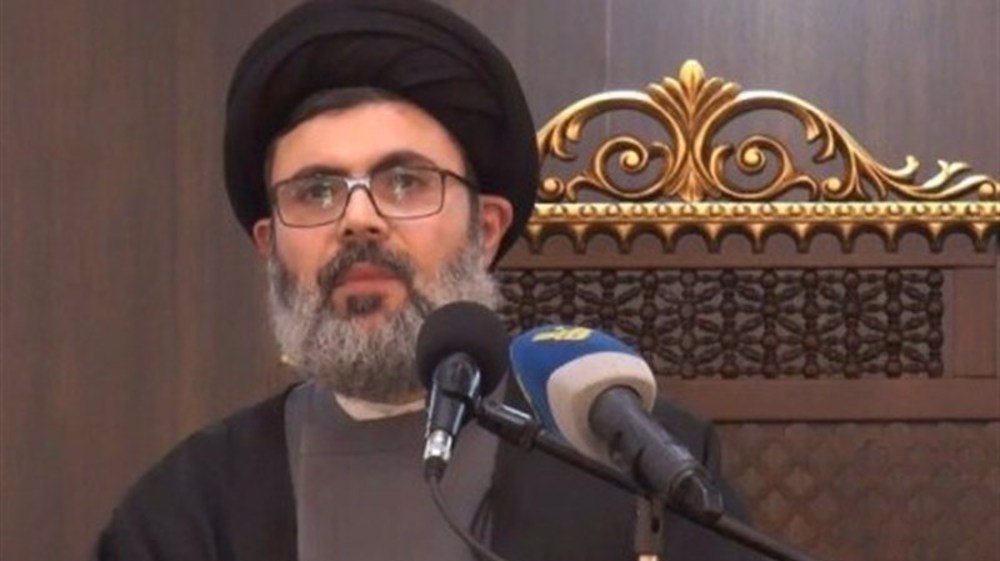
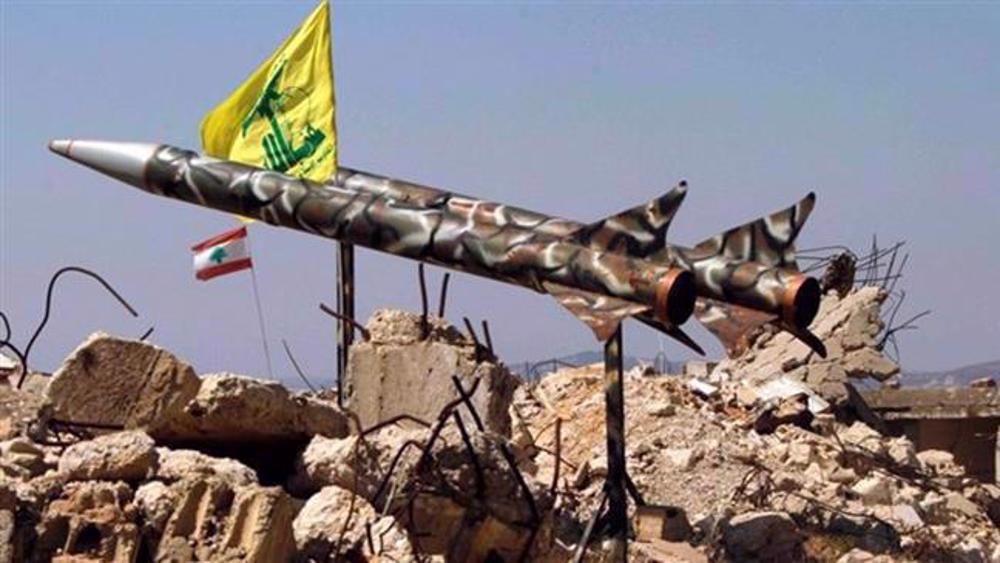
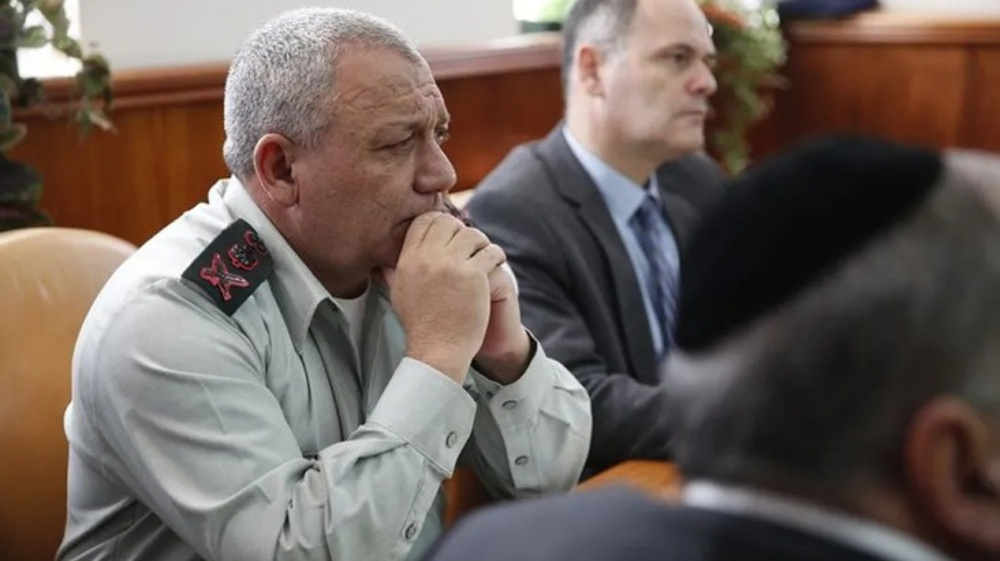
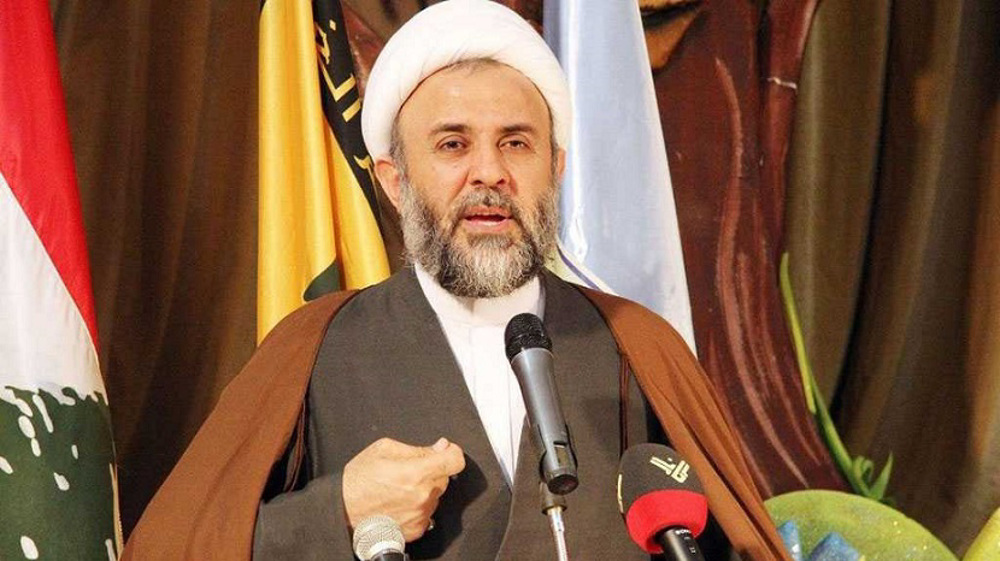

 This makes it easy to access the Press TV website
This makes it easy to access the Press TV website